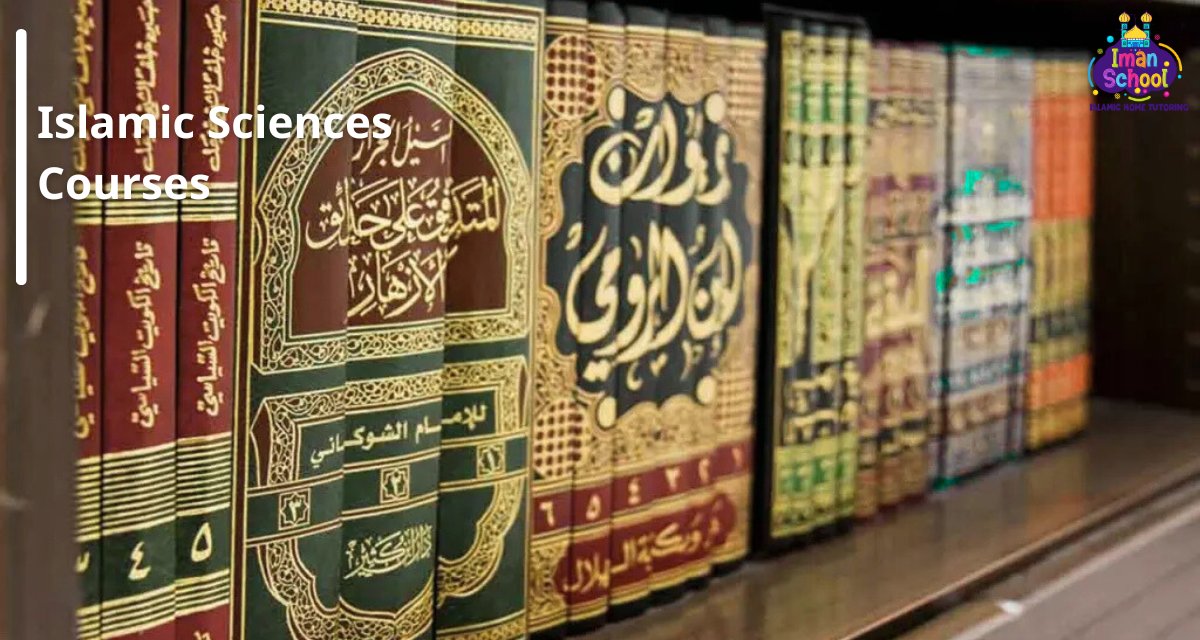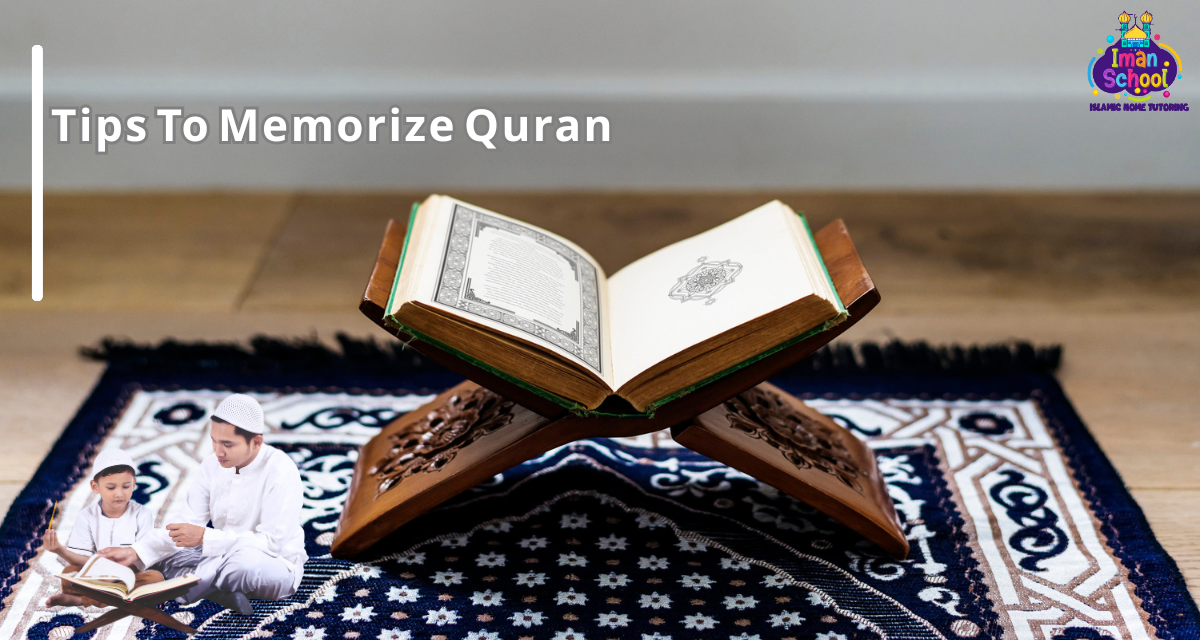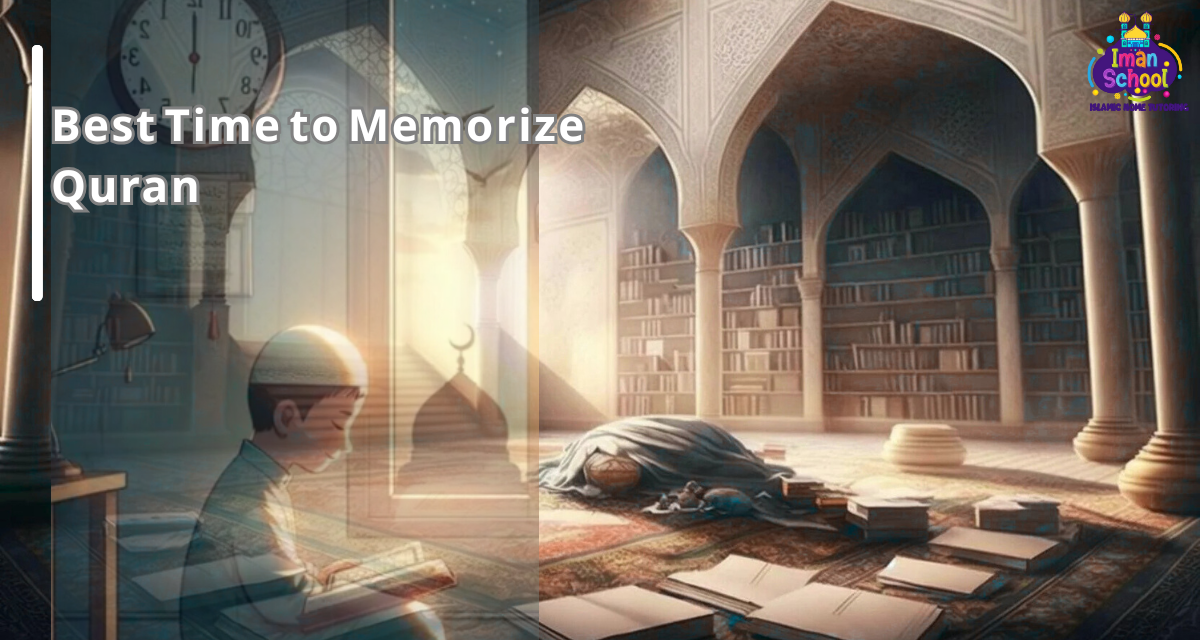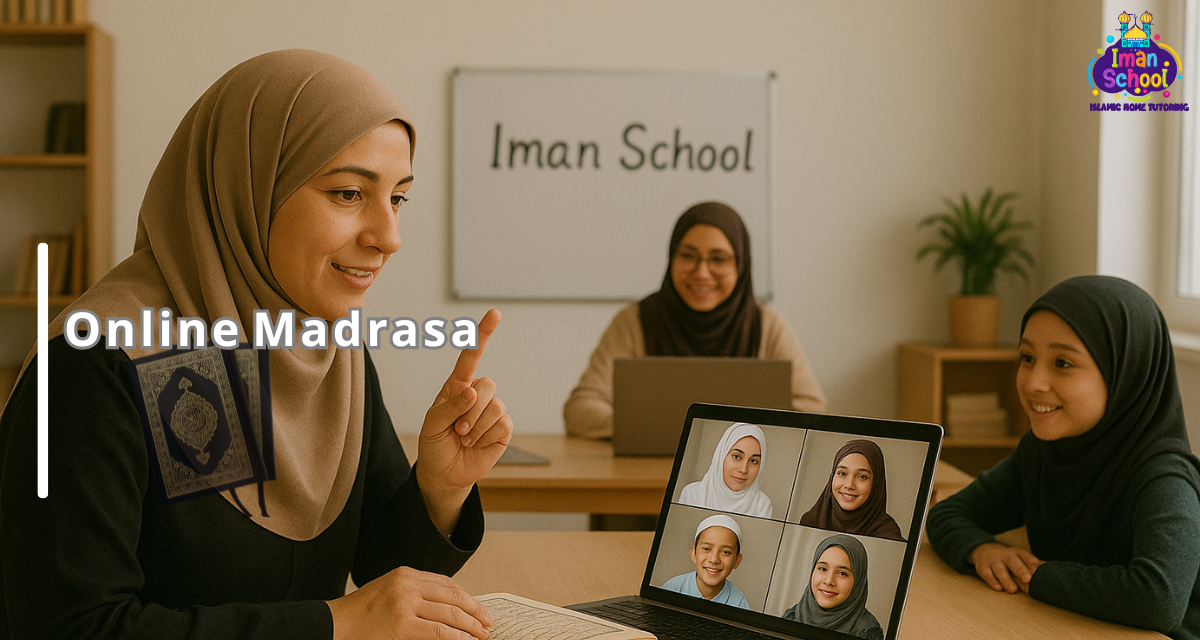The pursuit of knowledge is one of the most essential aspects of a Muslim’s life. In Islam, seeking knowledge, especially in religious matters, is highly emphasized. One of the best ways to deepen one’s understanding of Islam is through Islamic sciences courses. These courses offer a structured and comprehensive approach to studying the core elements of Islamic knowledge, from Quran and Hadith courses to Shariah studies and Islamic philosophy.
Whether you're a beginner looking to start learning or someone who wants to expand your knowledge of Islamic law, theology, or history, Islamic sciences courses provide the perfect platform to help you grow in both faith and understanding.
In recent years, the rise of online Islamic studies has made these courses accessible to people around the world. Now, anyone can enroll in a variety of programs such as Islamic jurisprudence courses, Fiqh studies, Tafsir classes, and many others, all from the comfort of their own home.
In this article, we will explore the concept of Islamic sciences courses, their importance, and the different types of courses available for learners.
What are Islamic Sciences Courses?
Islamic sciences courses are educational programs designed to teach various fields of Islamic knowledge, including but not limited to the Quran, Hadith, Fiqh (Islamic jurisprudence), Aqeedah (theology), and Islamic history. These courses aim to provide students with a deep and comprehensive understanding of Islam, focusing on both theoretical and practical aspects of Islamic teachings.
The core subjects typically covered in Islamic sciences courses include:
-
Quranic Sciences: Understanding the Quran, its interpretation (Tafsir), and its applications in daily life.
-
Hadith Sciences: The study of the sayings and actions of Prophet Muhammad (PBUH), which guide the practices of Muslims.
-
Fiqh: The study of Islamic jurisprudence, which covers the legal aspects of Islamic life, including rituals, transactions, and family law.
-
Aqeedah: Islamic theology, which discusses the core beliefs in Islam, such as the oneness of Allah, prophethood, and the afterlife.
-
Shariah Studies: The study of Islamic law and its application in personal, social, and community matters.
-
Islamic History: The historical development of Islam, including the life of the Prophet Muhammad (PBUH) and the spread of Islam across the world.
-
Islamic Philosophy and Ethics: The study of Islamic thought and moral principles based on Islamic teachings.
These fields are interconnected and provide a holistic approach to understanding Islam in its entirety. By enrolling in Islamic knowledge classes, students can gain proficiency in these subjects and be better equipped to understand the complexities of Islamic law, ethics, and spirituality.

Importance of Islamic Sciences Courses
Studying Islamic sciences courses is essential for anyone looking to deepen their faith and knowledge of Islam. Here are some key reasons why these courses are so important:
1- Strengthening Faith
One of the primary reasons for studying Islamic sciences is to strengthen one’s faith. By learning about the Quran, Hadith, and the foundational beliefs of Islam, students develop a stronger connection with Allah. Knowledge helps to clear doubts and misinterpretations, leading to a more profound understanding of the religion.
2- Fulfilling Religious Obligations
Understanding the teachings of Islam, especially the Shariah and Fiqh, is crucial for fulfilling religious obligations correctly. For example, knowing the proper way to perform Salah, Zakat, fasting, and other duties helps Muslims practice their religion in the way prescribed by Allah.
3- Personal Development
Islamic teachings cover various aspects of personal growth, including character development, ethics, and social responsibility. Through Islamic ethics and Islamic philosophy, students learn the importance of values such as honesty, kindness, and justice in their daily lives.
4- Guiding Others
Those who study Islamic sciences courses become equipped to guide others in their community. Whether through direct teaching or through personal example, individuals who gain knowledge can help others grow in their faith and understanding of Islam.
5- Combating Misunderstandings
With the rise of misinformation and misconceptions about Islam, it is more important than ever to have a strong foundation in Islamic law courses and Quranic sciences. By understanding Islam in-depth, students can become ambassadors of the faith, addressing misconceptions and spreading accurate knowledge.
Types of Islamic Sciences Courses
There are many types of Islamic sciences courses available, catering to different levels of study and areas of interest. Some of the key courses include:
Quran and Hadith Courses
These courses focus on the Quranic sciences and the study of Hadith science. Students learn the meanings, interpretations, and applications of the Quran, as well as the sayings and actions of the Prophet Muhammad (PBUH). These courses help deepen one’s understanding of the primary sources of Islam.
Shariah Studies and Islamic Jurisprudence
Shariah studies and Fiqh studies provide in-depth knowledge of Islamic law and how it applies to various aspects of life. Students learn about the principles of Islamic law, its sources, and its application to issues like marriage, inheritance, business transactions, and criminal law.
Tafsir Classes
These courses delve into the interpretation of the Quran (Tafsir). Students learn how to understand the Quran’s verses, their historical context, and their relevance to modern-day issues. The study of Tafsir helps individuals connect the Quran to their daily lives.
Aqeedah Lessons
These lessons cover Islamic theology and belief systems. Students explore the core beliefs of Islam, including the oneness of Allah, the finality of the Prophet Muhammad (PBUH), and the afterlife. The goal is to develop a firm and unwavering belief in the foundational concepts of Islam.
Islamic History Course
This course covers the historical development of Islam, including the life of the Prophet Muhammad (PBUH), the early history of the Muslim community, and the spread of Islam worldwide. It helps students understand the context in which Islamic teachings evolved and their impact on global history.
Islamic Philosophy and Ethics
Islamic philosophy explores the intellectual tradition of Islam, addressing questions related to existence, purpose, and morality. Ethical teachings in Islam, as outlined in the Quran and Hadith, provide a framework for living a just and righteous life.
Arabic for Quranic Understanding
Since the Quran was revealed in Arabic, an Arabic language course for Quranic understanding is essential for students who want to delve deeper into the meanings of the Quran. This course focuses on reading, understanding, and interpreting the Quran in its original language.
Methods of Teaching Islamic Sciences
Islamic sciences are traditionally taught through a combination of classroom lectures, discussions, and self-study. Today, with the availability of online platforms, Islamic studies online has become more accessible. Here are some common methods of teaching Islamic sciences courses:
Lectures and Classes
Traditional lectures and classroom-based learning remain one of the most common methods for teaching Islamic sciences. Whether in person or online, Quranic sciences and Shariah studies are often taught in a structured format, with the instructor explaining the concepts and answering students’ questions.
Interactive Learning
Many Islamic studies online platforms offer interactive Quran classes where students can engage in real-time discussions, ask questions, and participate in quizzes. This approach allows for a more engaging and dynamic learning experience.
Self-Study and Assignments
Self-study plays a vital role in understanding Islamic philosophy and Quranic sciences. Many courses require students to complete assignments and read materials independently to deepen their understanding.
Virtual and Recorded Lessons
With the rise of online learning, many courses offer virtual Quran lessons and recorded lectures that students can watch at their convenience. This flexibility makes learning Islamic sciences online accessible to people around the world.
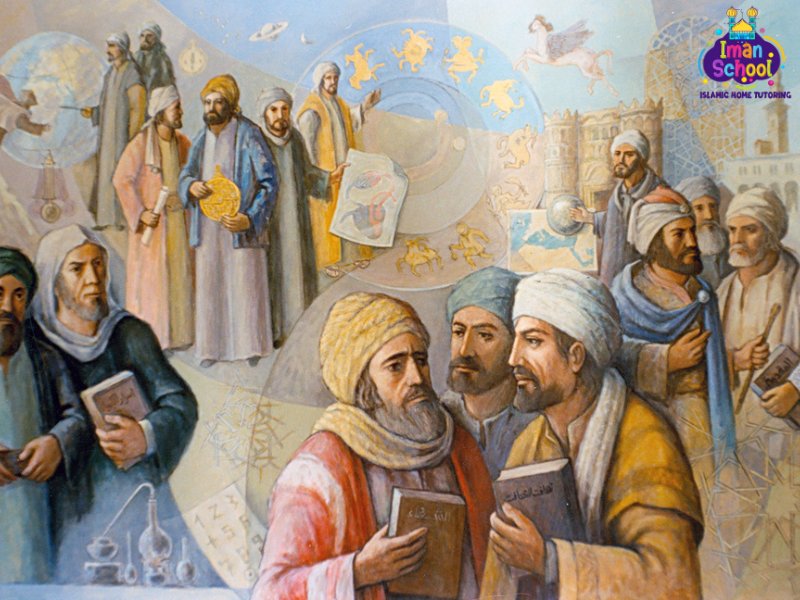
Benefits of Online Islamic Sciences Courses
Online Islamic sciences courses have transformed how people learn about Islam. Here are some of the main benefits:
Flexibility and Accessibility
Online courses allow students to learn at their own pace and on their own schedule. This flexibility is especially beneficial for busy individuals or those living in areas with limited access to traditional Islamic schools.
Global Learning Community
Students from around the world can connect, share insights, and learn from one another. The online platform offers a unique opportunity to engage with a global community of learners.
Expert Instruction
Online Islamic knowledge classes are often taught by experienced scholars and qualified teachers, many of whom have extensive expertise in Quranic sciences, Fiqh studies, and other areas of Islamic learning.
Comprehensive Learning Resources
Online courses provide a variety of resources such as videos, readings, quizzes, and discussion forums, allowing students to access diverse learning materials and enhance their understanding.
Cost-Effective Education
Compared to in-person classes, online Islamic studies courses are often more affordable, making them accessible to a wider audience.
FAQs about Islamic Sciences Courses
Can I learn Islamic sciences online if I’m a beginner?
Yes, many Quran and Hadith courses and Islamic studies online are designed for beginners. You can start with foundational courses and gradually move on to more advanced topics.
Are there Arabic language courses available for Quranic understanding?
Yes, many online courses offer Arabic for Quranic understanding, helping students read and interpret the Quran in its original language.
How long does it take to complete an Islamic history course?
The duration of an Islamic history course depends on the level and the program you choose. Some introductory courses take a few weeks, while more comprehensive programs may last several months.
Online Islamic Sciences Courses at Iman School
Islamic sciences courses offer a unique opportunity to deepen your understanding of Islam and grow in both knowledge and faith. Whether you're interested in Quranic sciences, Islamic law courses, or Fiqh studies, there are countless resources available online through Iman School that can help you achieve your goals. Start your journey today and enroll in an Islamic studies course online to enhance your spiritual and intellectual growth.

